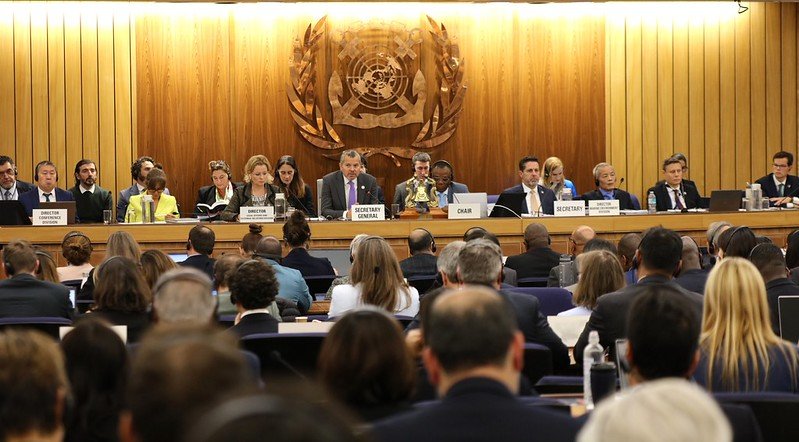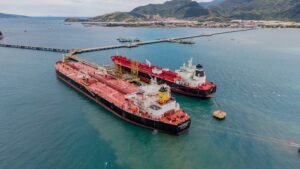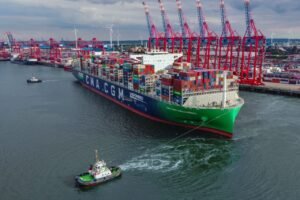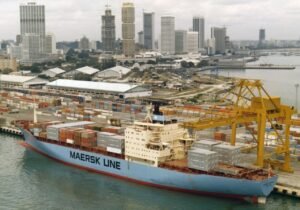Environmental groups have voiced strong criticism following the IMO decision to delay adoption of its Net-Zero Framework (NZF) for one year.
The decision came at the close of a special session of the IMO’s Marine Environment Protection Committee (MEPC/ES.2) in London, where a motion led by the United States and supported by Russia and others successfully pushed to defer the vote.
“By delaying adoption of its Net Zero Framework, IMO has today squandered an important opportunity to tackle global shipping’s contribution to climate breakdown,” said John Maggs, the Clean Shipping Coalition’s representative at the IMO.
“With climate warming impacts being felt everywhere on Earth, kicking this decision down the road is simply evading reality.”
Maggs urged governments to use the next 12 months to rally support for the framework and strengthen the IMO’s existing efficiency measures, particularly the Carbon Intensity Indicator (CII), calling it “the energy efficiency powerhouse needed to quickly right this ship.”
The Clean Shipping Coalition said the IMO’s Net-Zero Framework would have been a key step in operationalising the organisation’s GHG Strategy. The plan combines a global fuel standard with a greenhouse gas pricing mechanism to encourage cleaner fuels and lower emissions.
Other environmental groups expressed similar disappointment, warning that the delay would deepen uncertainty for an industry seeking clear regulatory direction.
“The delay leaves the shipping sector drifting in uncertainty. But this week has also shown that there is a clear desire to clean up the shipping industry, even in the face of US bullying,” said Alison Shaw, IMO Manager at Transport & Environment.
Elissama Menezes, Co-Founder of Equal Routes, said the decision would “cost the climate” and urged states to advance other measures such as stronger CII targets, investment in wind propulsion, and mandatory black carbon controls.
Anaïs Rios of Seas At Risk said the outcome reflected “once high-ambitious alliances wavering,” adding: “With countries like Saudi Arabia leading efforts to delay, few expected a postponement to prevail but here we are.”
Jenny Helle, of Carbon Market Watch, said the decision was “a lost opportunity for progress,” blaming pressure from the Trump administration and fossil fuel producers.
“Far from rushed, it represented years of negotiations, research, and collective effort,” she said. “Yet, due to political interference, this opportunity for progress was lost.”








